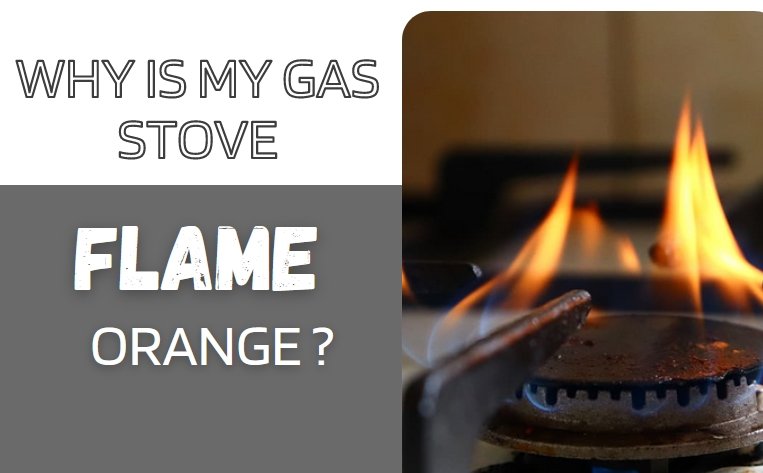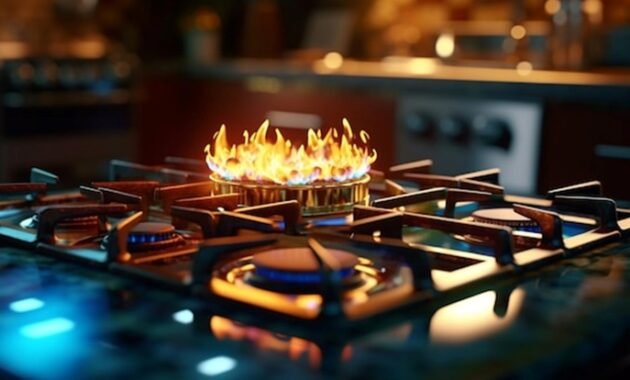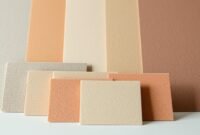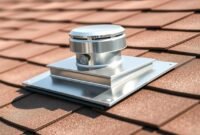If you constantly wonder why your gas stove flames orange, rest assured that you aren’t alone. This issue also happens to many households and homeowners. Unfortunately, many dismiss it because they think it’s not dangerous.
As someone who has dealt with a similar issue in my home, I can attest to the initial confusion and concern of seeing an orange flame. At first, I thought it was just a temporary issue, but when it persisted, I knew I had to take action.
If it only happens occasionally, then it’s not dangerous. However, if your gas stove constantly produces orange flame instead of blue, you must do something about it.
What Causes a Gas Flame to Turn Orange?
When you have a gas stove, you want to see a blue flame—not red, orange, or even yellow. Blue flame means that the combustion is happening properly and correctly. It’s safe for use and also efficient for burning. No matter what cooking device you use (furnace, gas, or others), you want to always see blue.

To ensure proper combustion, a proper combination or ratio between oxygen and fuel must be used to produce a blue flame. When they come in the proper ratio, you get a blue flame. However, an orange or yellow flame can be caused by several factors, including a dirty burner, improper gas pressure, or even the type of gas used.
The presence of a high amount of oxygen will lead to a complete and clean combustion process, resulting in a blue flame. Conversely, an orange flame indicates incomplete combustion and could suggest that the appliance is producing carbon monoxide, which is highly dangerous.
From my experience, I noticed that the orange flame on my stove was caused by debris accumulated on the burners. After cleaning them thoroughly, the blue flame returned, confirming that dirt was the cause.
Read also: Water Heater Carbon Monoxide – What is that?
If you see a speck of orange or yellow flame (just a little bit or occasionally), it’s most likely because of a dirty burner or dust particle. Orange flame is often caused by contaminants, such as when another element gets into the mix of oxygen and fuel. The orange flame is only temporary if the burner or stove is dirty.
However, be aware of whether this ‘orange’ phenomenon continues. Sometimes, something is wrong with your stove, and you must contact a professional expert. You don’t want this issue to be prolonged because it can produce excessive CO (carbon monoxide), leading to CO poisoning.
Read also: Why Pilot Light Keeps Going Out on Gas Furnace
Experts recommend checking for possible obstructions or leaks in the gas line if the orange flame persists. In some cases, the problem might be due to a faulty regulator, which can cause improper gas flow, resulting in an orange flame.
Cause Explanation Suggested Fix Dirty Burner Accumulated dirt or debris affects combustion. Clean the burner thoroughly. Improper Gas Pressure Incorrect gas flow can cause incomplete combustion. Check the gas line and regulator. Contaminants in the Gas Supply Elements like sulfur or other impurities can cause an orange flame. Contact your gas supplier for inspection and rectification. Nearby Objects Causing Turbulence Placement of objects close to the stove can disrupt gas flow. Relocate objects and ensure proper clearance around the stove. Use of Humidifier Moisture and salt remnants from humidifiers can alter flame color. Turn off the humidifier and observe the flame.
Is Orange Flame on Gas Stove Dangerous?
As stated before, if it is only temporary and doesn’t happen often, then it’s okay. You probably need to do some stove cleaning. However, if the problem persists and happens for quite a while, it’s better to have your stove checked.
One should never ignore an orange flame as it could be an indication of incomplete combustion, which is not only inefficient but also dangerous. The release of carbon monoxide is a silent threat that can lead to severe health consequences

Fixing Orange Fire on Gas Stove
Don’t immediately call professional service when you notice the orange flame. There are some things that you can do:
- When it’s the case with the humidifier, the best way to do this is to turn the device off. So, when you turn on the stove and the humidifier together, and the flame is orange, try turning the humidifier off. And check whether the flame is still orange or not.
- You should check the stove. Check for any clogs or damages. Try to clean it.
- If the problem persists, try to check the connection. Who knows? Maybe there is something wrong with the component or the connection.
If you can’t find out what’s wrong or are doubtful about the situation, you should get help. Contact a professional and ask for their help. You shouldn’t tweak your stove if you are completely clueless about the situation. It may be too risky.
In one instance, after trying to fix the issue myself and not succeeding, I decided to call in a professional. They discovered that a small gas leak was the culprit, which I would never have identified alone. This experience taught me the importance of professional help when needed.
Conclusion
Observe your stove so you are completely sure about what happens. When you are in doubt, ask for help right away. You don’t want to risk your life or your family’s. Those are the basic facts about why is my gas stove flame orange and how to deal with it.


